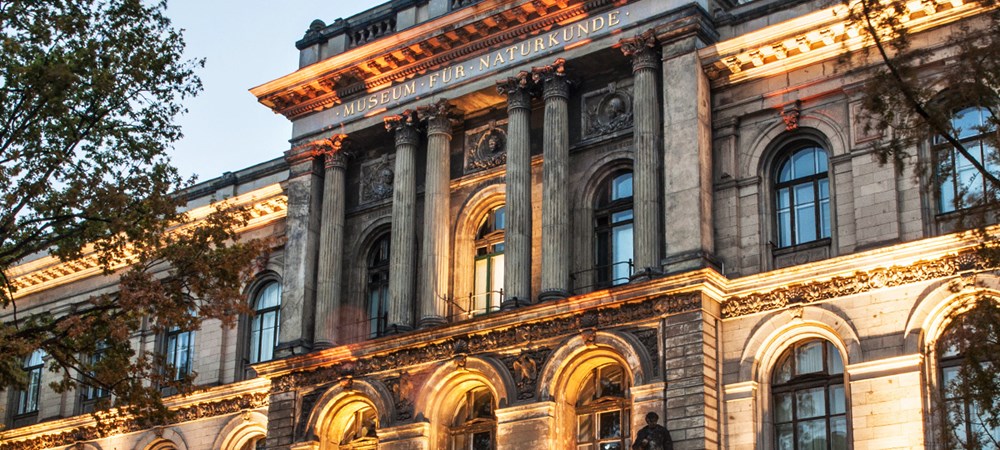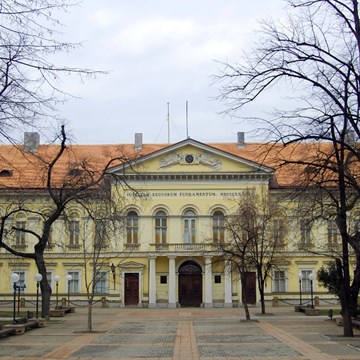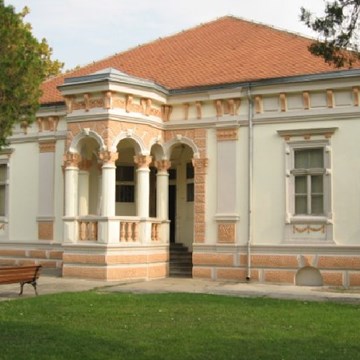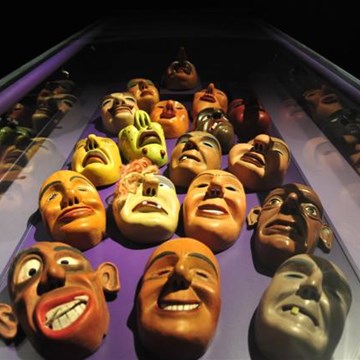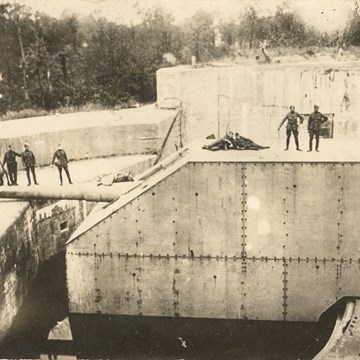Museum für Naturkunde Berlin
The Museum für Naturkunde, officially the Museum für Naturkunde - Leibniz-Institut für Evolutions- und Biodiversitätsforschung (English: Museum für Naturkunde - Leibniz Research Institute for Evolution and Biodiversity) is one of eight research museums of the Leibniz-Gemeinschaft in Germany. The museum houses a massive collection of more than 30 million zoological, paleontological, and minerological specimens, including more than ten thousand type specimens. It is most famous for a number of spectacular exhibits:
- Brachiosaurus brancai, the largest mounted dinosaur skeleteon in the world
- the most exquisitely preserved specimen of the earliest known bird, Archaeopteryx lithographica
- the spectacular glance into a genuine research collection in the re-opened East Wing with more than one million zoological objects preserved in 88 tons of alcoohol
- the beautiful "Wall of Biodiversity" showing 3000 single species in one display, but yet only a small percentile of known biodiversity
- Tristan Otto - Europe's first original Tyrannosaurus rex
Exhibitions and events

The World of Dinosaurs
Permanent exhibitionAt the beginning of the 20th century, the Museum für Naturkunde commissioned a palaeontological expedition to what is now Tanzania in Eastern Africa to excavate dinosaur fossils. It was to...
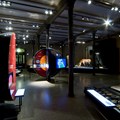
System Earth
Permanent exhibitionEver since its emergence, the Earth has constantly been changing. Life-forms have to adapt, while at the same time they influence the Earth’s systems themselves. The result is a highly dynamic...

The Cosmos and Solar System
Permanent exhibitionHow did the universe and our solar system come into existence? What happens inside a star? How long are Sun and Earth going to exist? The newly refurbished stairwell of the museum takes you on a...
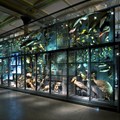
Evolution in Action
Permanent exhibitionIn this hall, evolutionary mechanisms are shown, which are responsible for the look, behaviour and diversity of animals and plants. We explain what living fossils are and why zebras have stripes....
Educational programs
We don't have anything to show you here.
Collections
We don't have anything to show you here.




